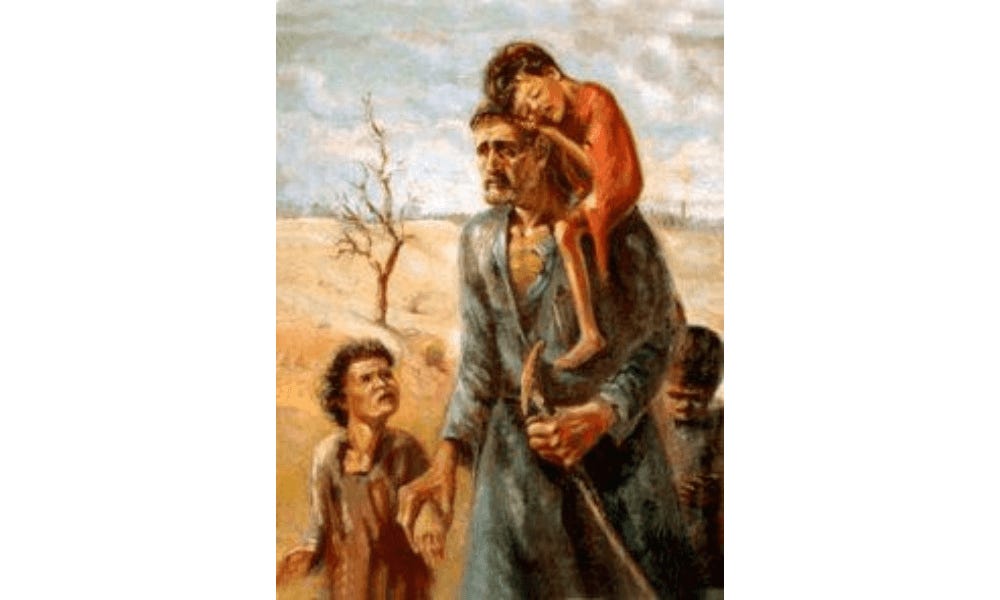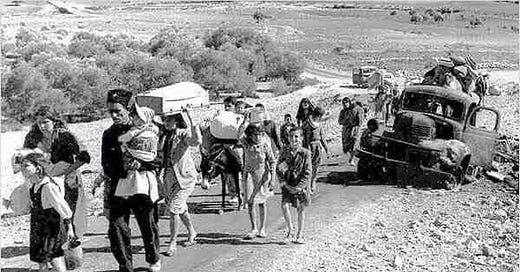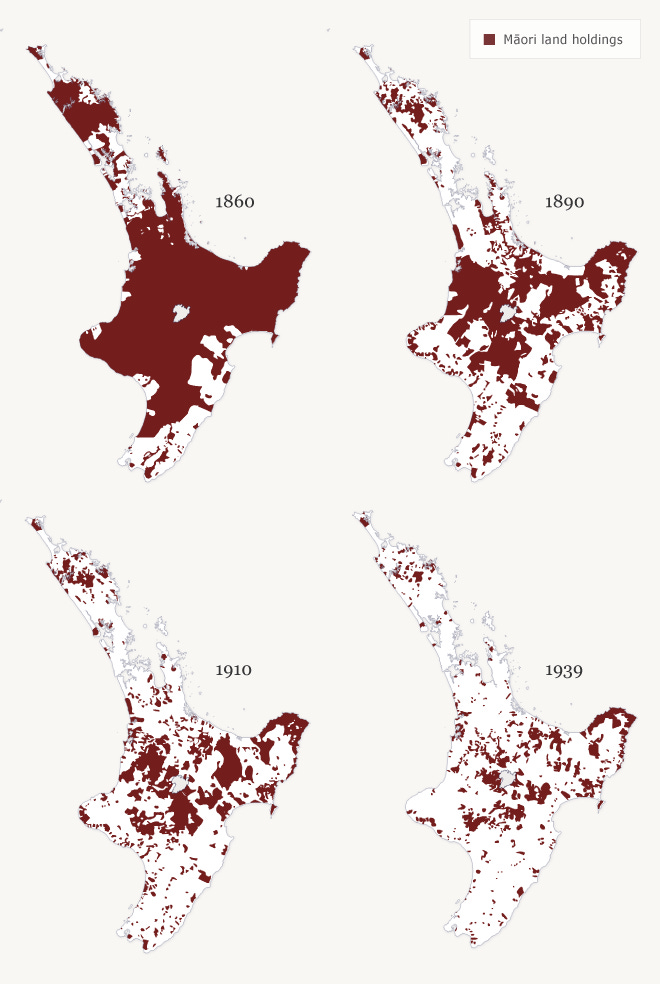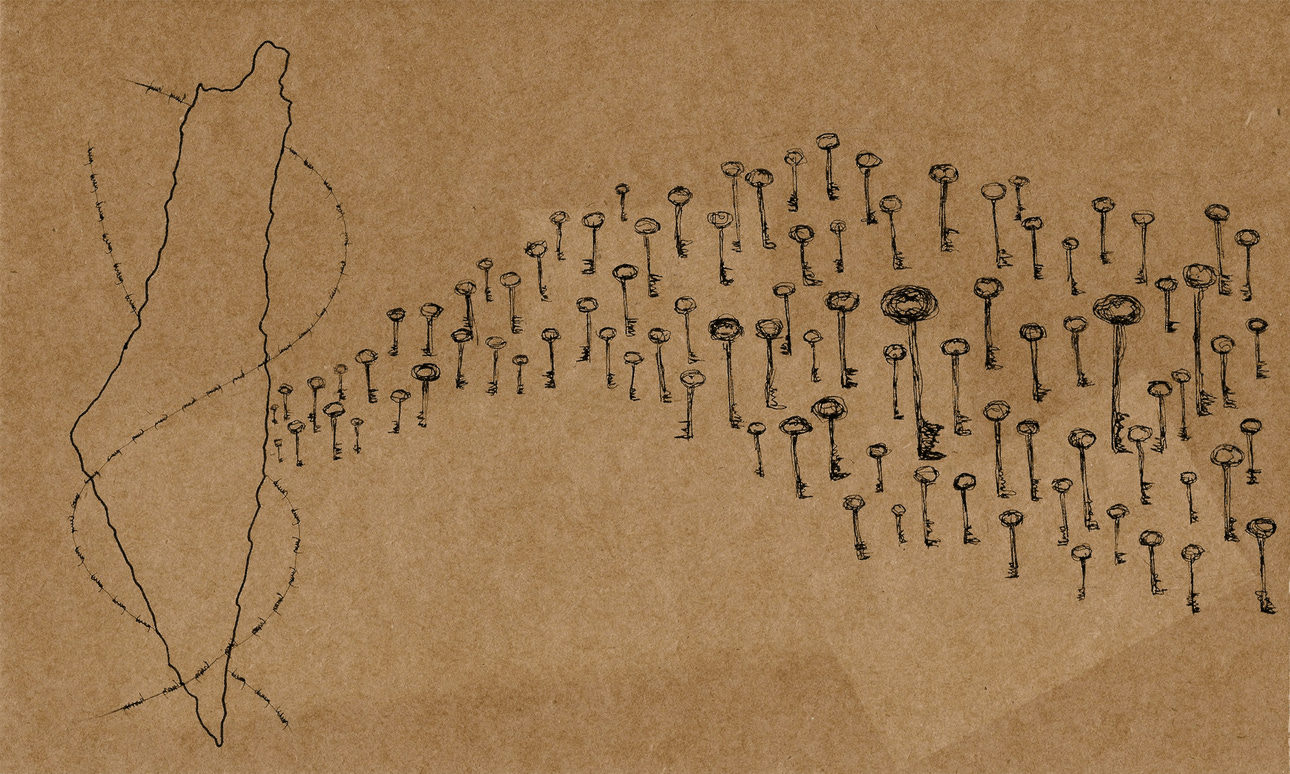A stranger in every other place - On Nakba Day 2023
Nakba is to be a stranger in every other place because it is not “home”
Tameem Shaltoni is a New Zealander of Palestinian Arab descent, born in Jordan to a family of Palestinian Arab refugees. Here he reflects on the Nakba, the permanent displacement of a majority of the Palestinian Arabs that began in 1948.
I wrote this article for ‘Nakba Day’ on May 15 th 2023, the day of commemoration of Nakba. Nakba in Arabic means catastrophe, and in this context, it refers to the ‘Palestinian Catastrophe’ which comprised the destruction of Palestinian society and homeland in 1948.
My own experience of Nakba comprises several elements. Formally speaking, I inherited my both parents’ exile status which means I am also denied of returning to either of my family’s confiscated homes in Safad (north of occupied Palestine) or Al-Lidd (centre of occupied Palestine) which my grandparents were expelled from in 1948.
Inevitably, I also inherited my parents’ and grandparents’ dispossession memories and stories of deprivation and suffering, and I had my own experience of them. I grew up through the struggles of new beginnings within my extended family after losing everything they had before, and through the ongoing struggles of going about every aspect of life without having a citizenship to any place, as it is still the case of half of my family.

Unlike my dad’s family who were eventually granted citizenship of Jordan, my mum’s side of the family are up until now living stateless in Syria and Saudi Arabia mainly. Their official statelessness meant jobs, education, and travelling options are restricted. The stories of their day-to-day struggles have always made up a significant portion of our everyday conversations.
For my mum in particular, because she grew up stateless, her most viable path to future was to marry the first man “knocking on her parents’ door” - in a traditional way - who had a Jordanian citizenship which she could consequently acquire then move with him to Jordan leaving her family and everyone she knew behind and starting a new life which proved to have every characteristic and driver of domestic abuse. A story for another day but suffice to say my mum’s dispossession and statelessness particularly affected my childhood and my siblings’ indirectly in a dire way.
To me Nakba is also the ongoing experience of being an exile, to love our eternal homeland Palestine so much and to know the name and history of every place in Palestine although I have been unable to see and live in freely. Nakba is to be a stranger in every other place because it is not “home”.
Nakba is to be exposed to and experience racism too here in Aotearoa New Zealand where I live: Racism in being ironically told “go home” which I would love to do but I can’t, racism in denying my history, identity, and heritage, racism in being constantly blamed for my people’s and my family’s misfortunes, racism in being dehumanised and misrepresented, racism in being denied of my right to display my homeland’s flag in a protest, and racism in having my speech censored and demonised.
Nakba is to wake up everyday to the news of more Palestinians were killed (over 150 this year so far), more homes for Palestinians were destructed, more native trees in Palestine were uprooted by Israeli settlers, and more Palestinians were detained in Israeli prisons, and carry on living while pretending all is fine. Nakba is to try hopelessly to find the right words as a parent to tell my children why these awful things happen when they ask.
However, there is an upside to Nakba too. Nakba is a constant reminder of life’s unfairness, and a source of restless power to fight injustices wherever they are. Experiencing Nakba myself makes it not only morally obligatory, but also natural to empathise with other oppressed peoples specially Aotearoa New Zealand’s indigenous Māori who lived through dispossession, discrimination, and marginalisation.
Nakba triggers many feelings in me, pride is among them. Pride of my grandparents, parents, and my people for what they endured. Pride for how they despite all the odds survived and fought back. Pride to belong to my people who set an example in iconic Sumud (steadfastness in Arabic), resistance to colonialism and connection to our homeland.
Nakba is also an outlook for a future when we can return to our liberated homeland. When we can walk again on our land, on the streets which our grandparents walked on a moment for the last time in their lives in 1948.
If you found my writing helpful, you can support me through my author profile https://ko-fi.com/tameem. Palestinian voices are virtually absent in mainstream and influential social media spaces in Aotearoa New Zealand, and through my writing I am aiming to fill the gap and lack of knowledge about Palestine which is compounded by the lack of Palestinian perspective in history curriculum. I write about my own experiences and perspective as a Palestinian, and I also share news from Palestine.







